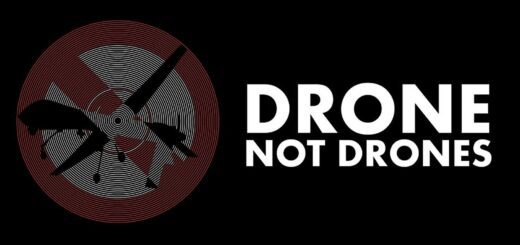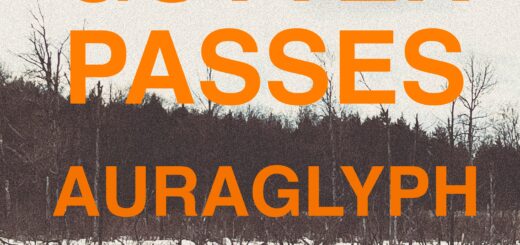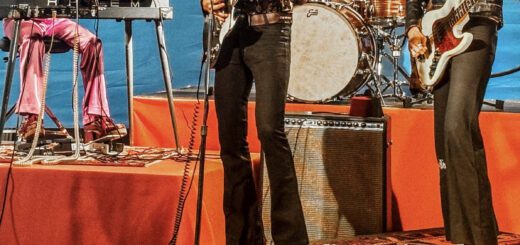Drone, Not Drones: Five Contemporary Classics
Dylan Hester is a guest contributor to Reviler.org
Drone music has come a long way from the days of La Monte Young and Taj Mahal Travellers. An enormous amount of music carrying that tag has been released in the last decade or so, and the genre is more diverse than ever. It can be expressionistic and dynamic, introverted and ambient, and has been produced with an array of approaches: electronic, sound collage, rock/feedback, and folk. It makes a wonderful companion for long sessions of reading, studying, and general creativity, especially as we enter these dark months of winter.
I’m glad to be alive at this time in music history. Here are five of the best examples from the past few years.
William Basinski, 92982 (2009, 2062) — His Disintegration Loops (2002-03) suite becoming certain within the canon of American classical music, William Basinski’s profile is steadily rising. But his more recent 92982 is, musically speaking, even more of a marvel. The key track here is “92982.2,” which begins with a muted thunderclap or gunshot. The song primarily consists of one loop; a suspended fourth chord endlessly resolves to its major. The string swells are down-pitched and warped, and the result is a convergence of Brian Eno and DJ Screw. Close listening reveals a world emotive psychedelia residing within a meticulously constructed symphony of reverb, gentle percussive notes, and urban miscellanea (street traffic, helicopter noise, sirens, telephones). Unparalleled.
Kevin Drumm, Imperial Horizon (2009, Hospital) — Drumm is best known for his 2002 noise opus Sheer Hellish Miasma, which is as jarring as you’d expect from the title. So I expected this album’s single 64-minute track to burst my eardrums with industrial power. It didn’t. The track, entitled “Just Lay Down and Forget It,” instead offers sublime, soothing tones which just barely form into melodies. It makes for a great brain massage or an extra layer of warmth.
Grouper, Violet Replacement parts one and two (2012, self) — Liz Harris is one of the most fascinating musicians working today. She broke through in 2008 with a gloomy slowcore folk record called Dragging a Dead Deer Up a Hill. In 2011, she turned the delay up and the vocals down for the skeletal whisper balladry of the two-part A I A. But very few anticipated she’d go even further the next year. Self-released as limited CD-Rs, Violet Replacement contains 2 songs, “Rolling Gate” [36:57] and “Sleep” [51:39]. No hyperbole: these expansive, densely layered drone compositions are worth every second. Liz Harris never ceases to amaze.
Pausal, Sky Margin (2013, Own) — Already among the most rewarding ambient albums of 2013, Sky Margin is strikingly minimal, but reveals a surprising level of craft. This one errs on the side of soft ambiance, quite similar to the work of Taylor Deupree (he did master the album, after all). Multiple listens are essential: the 32-minute album is still engaging even after it’s spent a few hours on repeat.
Yellow Swans, Going Places (2010, Type) — Yellow Swans made rock music in its most abstract sense. That is to say: they use guitars, and they use them heavily. When it comes to turning punk aesthetic into transcendent feedback composition, Going Places is a masterpiece on par with EVOL, Loveless, and White Light/White Heat. The title doesn’t lie: this was the duo’s final album, and it will certainly take you places. Abrasive and tender. Play it loud.
— Dylan Hester











